Myths about teaching can hold you back
- Year 3
Physical properties of rocks: permeability
I can compare and group different rocks by testing their permeability.
- Year 3
Physical properties of rocks: permeability
I can compare and group different rocks by testing their permeability.
These resources were made for remote use during the pandemic, not classroom teaching.
Switch to our new teaching resources now - designed by teachers and leading subject experts, and tested in classrooms.
Lesson details
Key learning points
- Geologists test different rocks for permeability. This tells them which rocks allow liquid, e.g. water, to pass through.
- Permeable rocks, such as sandstone, let water pass through them.
- Impermeable rocks, such as marble, do not let water pass through them.
- Rocks can be compared and grouped by their permeability.
Keywords
Permeability - Permeability is the ability of a substance to allow liquids like water to pass through it.
Rock - Rock is a solid material that occurs naturally in Earth.
Permeable - If a substance is permeable, it will allow water to pass through it.
Impermeable - If a substance is impermeable, it will not allow water to pass through it.
Common misconception
Children can become confused with the word permanent and permeable.
Be clear on your definition of permeable, perhaps use some actions to help them remember. Clear up at the start that although permeable sounds rather like permanent it is completely different and explain the difference using examples.
To help you plan your year 3 science lesson on: Physical properties of rocks: permeability, download all teaching resources for free and adapt to suit your pupils' needs...
To help you plan your year 3 science lesson on: Physical properties of rocks: permeability, download all teaching resources for free and adapt to suit your pupils' needs.
The starter quiz will activate and check your pupils' prior knowledge, with versions available both with and without answers in PDF format.
We use learning cycles to break down learning into key concepts or ideas linked to the learning outcome. Each learning cycle features explanations with checks for understanding and practice tasks with feedback. All of this is found in our slide decks, ready for you to download and edit. The practice tasks are also available as printable worksheets and some lessons have additional materials with extra material you might need for teaching the lesson.
The assessment exit quiz will test your pupils' understanding of the key learning points.
Our video is a tool for planning, showing how other teachers might teach the lesson, offering helpful tips, modelled explanations and inspiration for your own delivery in the classroom. Plus, you can set it as homework or revision for pupils and keep their learning on track by sharing an online pupil version of this lesson.
Explore more key stage 2 science lessons from the Rocks and soils unit, dive into the full primary science curriculum, or learn more about lesson planning.

Equipment
See additional materials.
Content guidance
- Risk assessment required - equipment
Supervision
Adult supervision required
Licence
Prior knowledge starter quiz
6 Questions
Q1.Scientists carry out an to find out answers to their questions.

Q2.Rocks come from the Earth's crust. We often dig them out of the ground from ...
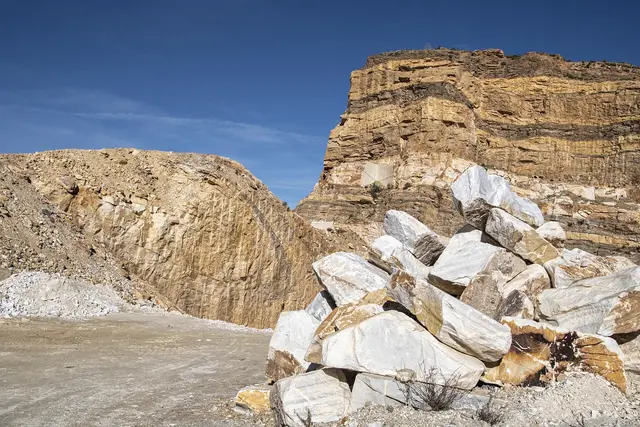
Q3.Which of these describes what a rock is?

Q4.Which of these objects could you use to investigate the physical property of hardness of different rocks?
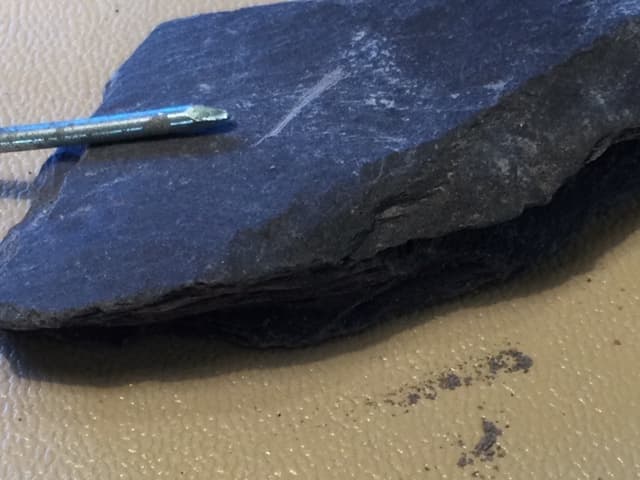
Q5.Which of these questions about physical properties would you need to use water to investigate?

Q6.Friedrich was a famous scientist from the past who developed a scratch test to help us to learn more about rocks and their physical property of hardness.
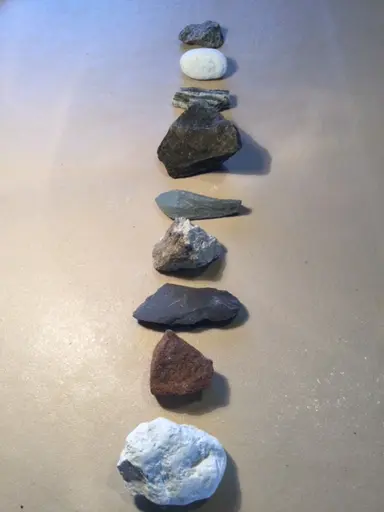
Assessment exit quiz
6 Questions
Q1.A is a type of scientist who investigates and tests different rocks.
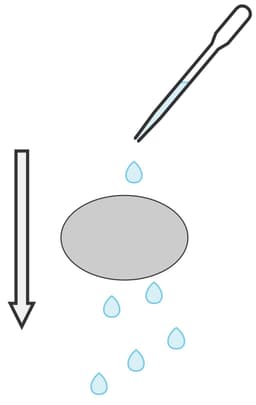
Q2.Jun has four different rocks that he drops water onto to see if it can pass through. What is he testing for?
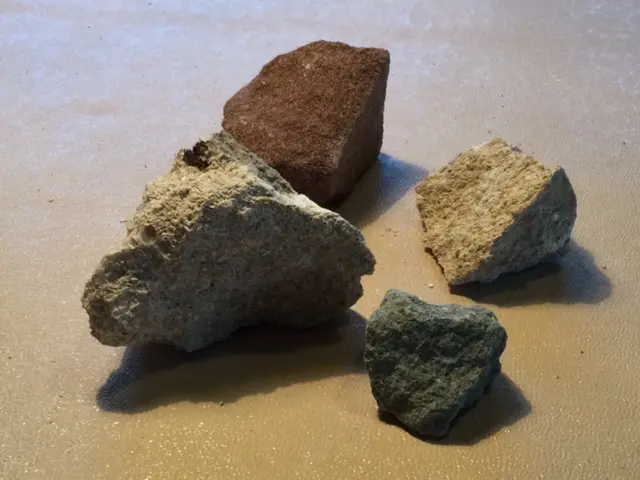
Q3.Which of these words describes the physical property of a rock that does let liquids such as water passes through?
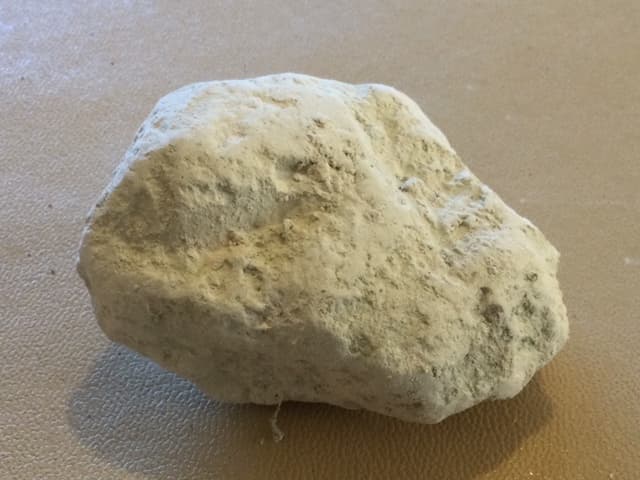
Q4.Which of these words describes the physical property of a rock that does not let liquids such as water passes through?
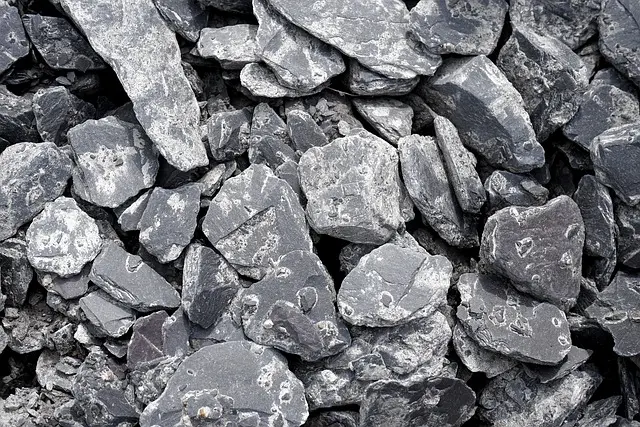
Q5.Slate, granite and marble do not let water pass through them. Chalk and sandstone do let water pass through them. Which rocks are permeable?
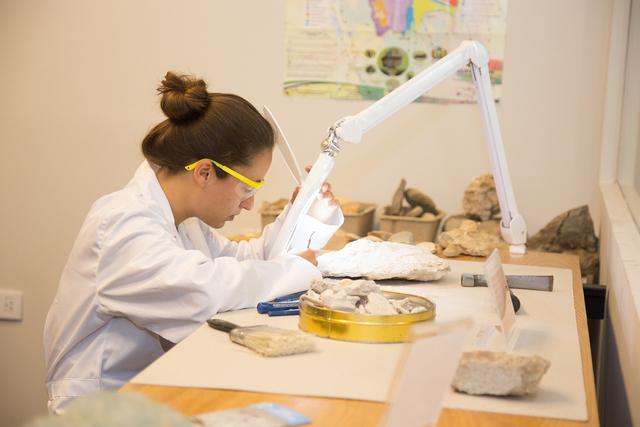
Q6.Which of these rocks would be suitable to mend a leaking roof?



